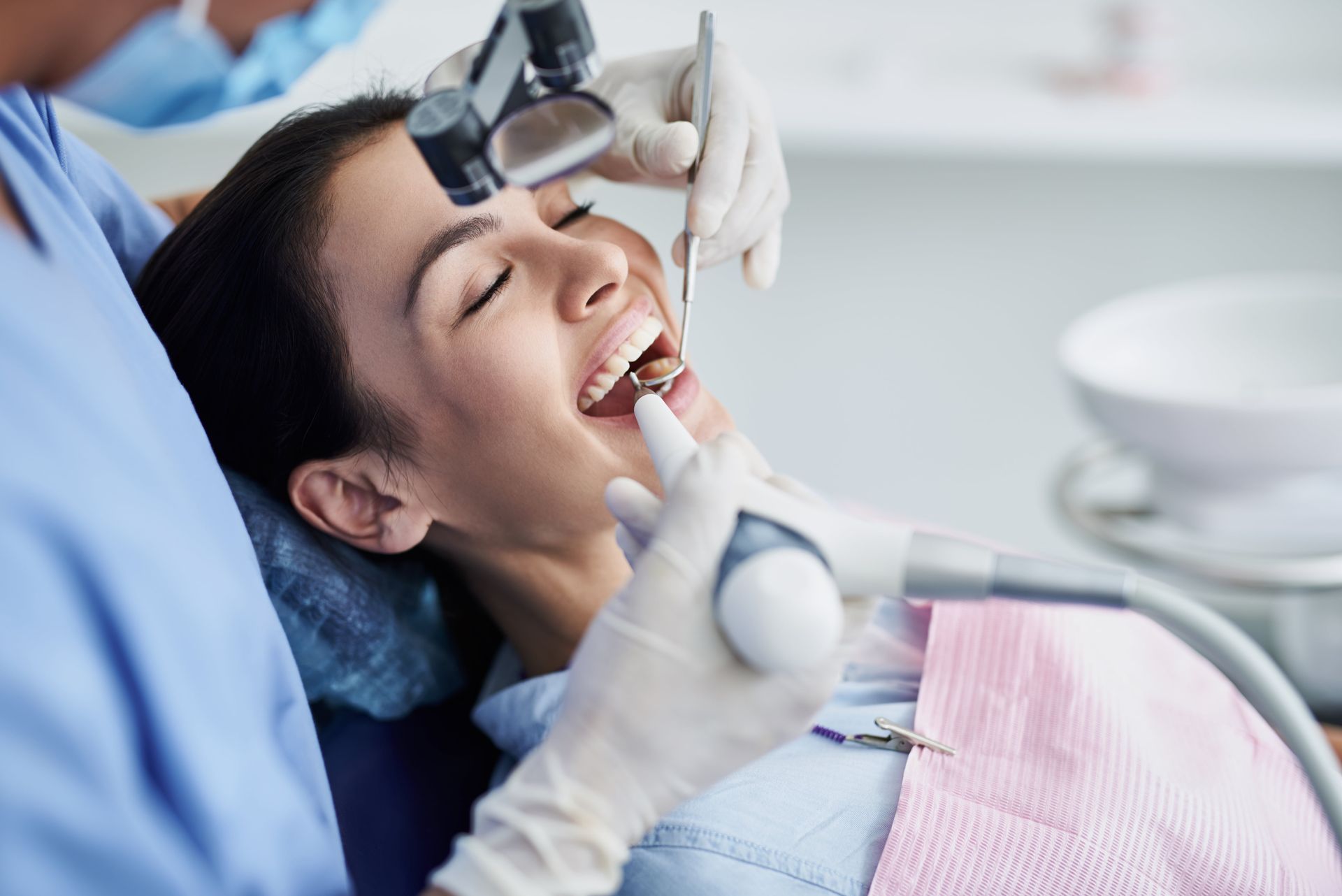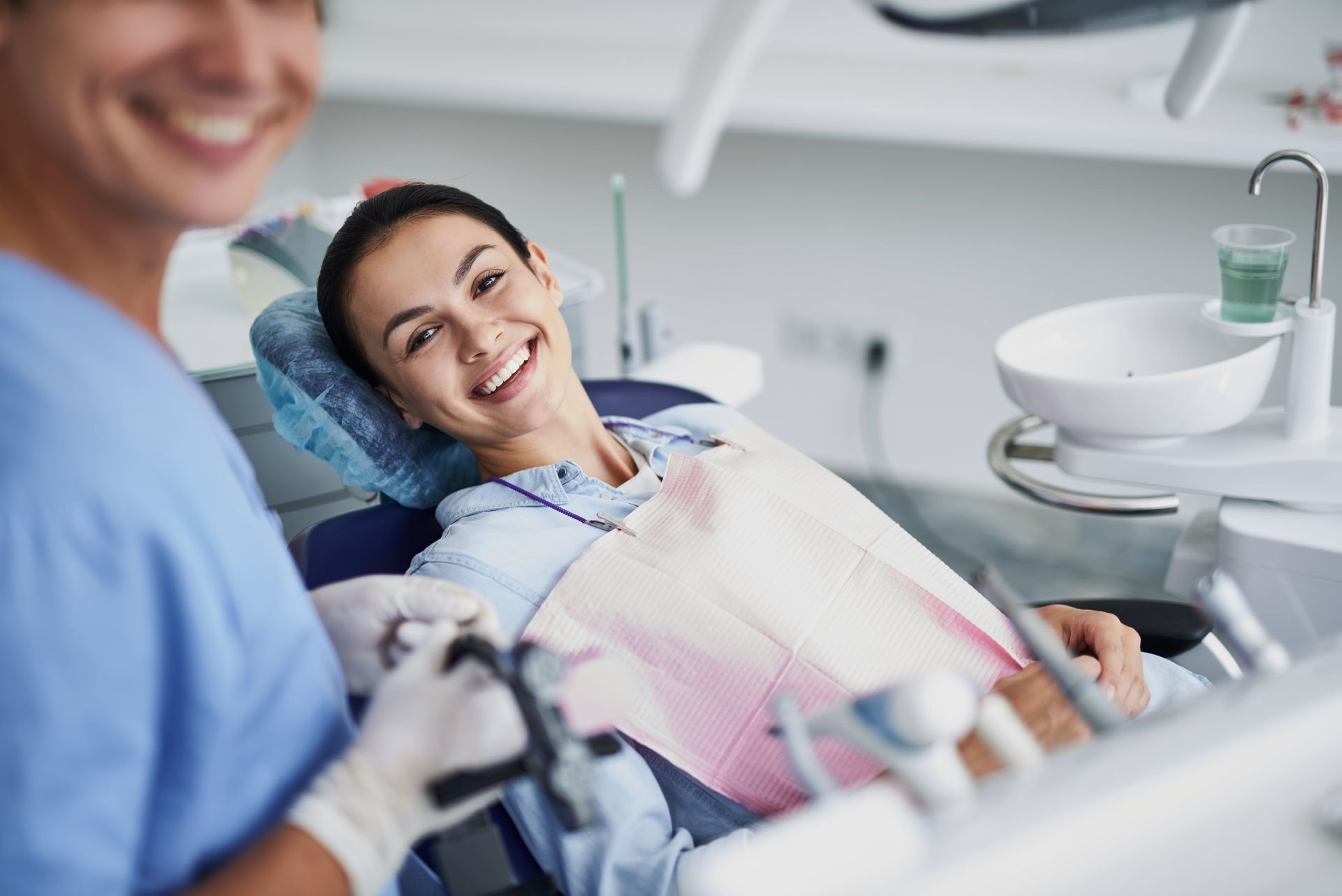endodontic surgery for beverly hills patients
the qualified endodontists that los angeles county patients trust
Occasionally a dental infection in the roots of your tooth can be treated directly through the gums, physically removing the infection at the source. This procedure is reserved for teeth that do not respond to traditional conservative endodontic treatment such as
root canals. The experienced team at Martin Endodontics
can provide you with the endodontic surgery you need in a stress-free and comfortable environment to restore your oral health.
What to Expect
consult
The consultation will include 3D imaging, evaluation for risk factors (like tooth cracks), and discussion of possible prescriptions for before and after treatment based on medical history and dental anxiety level.
treatment
We will numb the area that is going to be treated and then get to work clearing any infection and properly resealing your tooth while you relax with a blanket, headphones, and sometimes sedation methods.
after care
After the numbness wears off, some soreness is normal. Following your customized post-op medication instructions is important to help prevent pain and swelling. Take your medication for as long as instructed.
follow up
A final 6-month follow-up appointment with imaging is required. We thoroughly evaluate how the roots and surrounding jaw bone are responding to the endodontic treatment.
Understanding Endodontic Surgery
Endodontic surgery, also known as apical surgery or root-end surgery, is a surgical procedure performed on the root tip (apex) of a tooth. It is typically recommended when there are persistent symptoms or complications related to the root canal system that cannot be effectively resolved through non-surgical treatments. While a root canal involves removing infected or inflamed pulp from inside the tooth, endodontic surgery involves addressing problems outside the tooth's root, such as infections or damaged tissues in the surrounding bone. It is considered a more invasive procedure than a root canal but can provide a viable solution for saving a tooth that would otherwise require extraction.
When Is Endodontic Surgery Used?
There are specific circumstances under which endodontic surgery will be used, including in instances where there are:
The Endodontic Surgery Process
Endodontic surgery generally involves the following steps:
Contact Martin Endodontics For Endodontic Surgery
Endodontic surgery is a specialized dental procedure used to address complex issues associated with the root canal system that cannot be resolved through non-surgical means. If you are experiencing persistent symptoms or complications related to a previously treated root canal, it is essential to consult with the experienced endodontists at Martin Endodontics. We will evaluate your specific case, determine if endodontic surgery is the right course of action, and guide you through the process to ensure the best possible outcome.
Contact us online or
by phone to schedule your appointment today for exceptional, pain-free endodontic care.
Schedule a Consultation
For more information or to schedule service, call us at (310) 278-5403 or click the button below to contact us online.
Related services
Why Choose Martin Endodontics?

Over 30 Years of Experience

State-Of-The-Art Facility

Specialized, Professional Care

Emergency Services Available

Maximizes Your Dental Benefits

Doctor Referrals Welcome

Complete Digital Workflow

Sleep Dentistry Treatment Options






